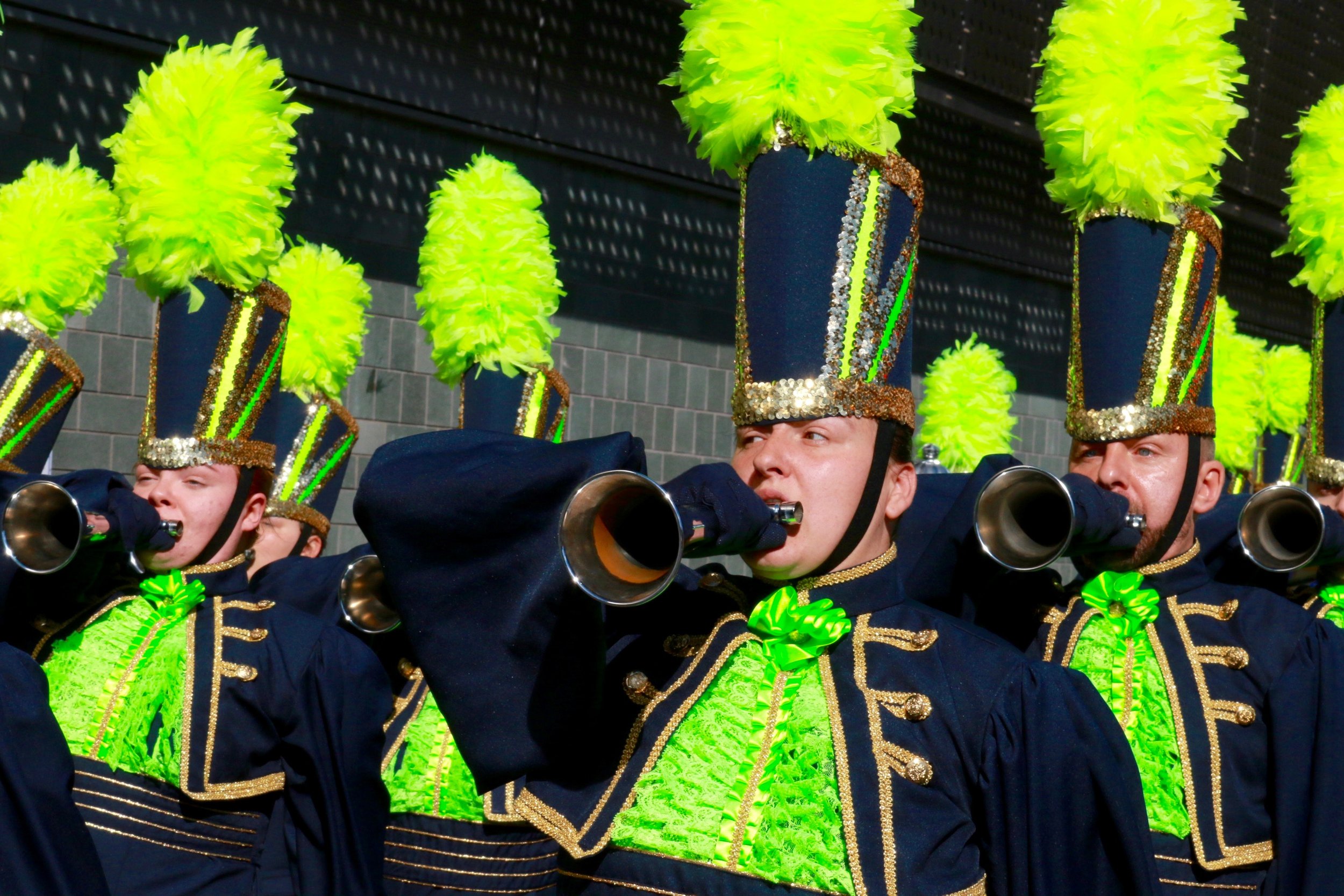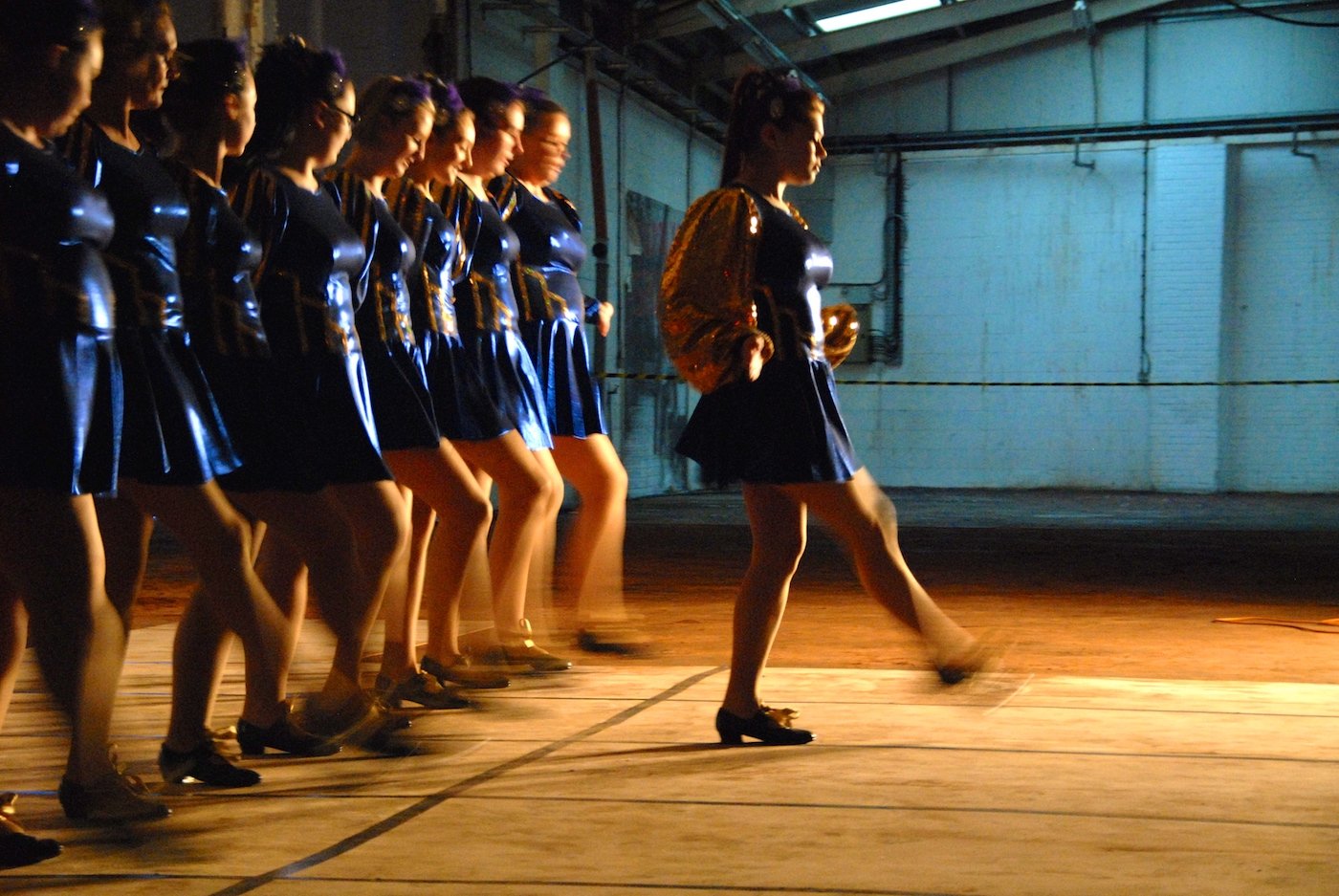Archive
For decades, it was believed that everything of value in the English folk arts had already been ‘collected’ and understood.
The canon that was established in the folk revivals of the first half of the twentieth century was partial and exclusionary. A product of its time, it privileged the rural over the urban, the male over the female and the white over the diasporic.
It believed that the working-class progenitors of folk could not be trusted with such a precious national inheritance.
***
But this is folklore too. Folklore from the streets and the towns and the ‘hard-to-reach’ places.
Folklore clad in sequins and spandex is still folklore. We do not owe you politeness or rusticity…
Carnival morris dancing from the northwest of England is the performance that started it all, for me.
Growing up as the daughter of a morris dancer, I was always told that women didn’t morris dance. Or if they did, it was an abomination, an effrontery from the ‘Women’s Lib’ movement of the 1970s.
So it was something of a surprise to me, as a fledgling researcher poring through the archives, to find old, black-and-white photographs of teams of women and girls doing something called ‘morris dancing’ as early as the 1880s. Unique to Manchester, Merseyside, Cheshire, Lancashire and the North of Wales, girls’ morris dancing was written out of the history books and excluded from the narratives that came to characterise the English folk movement. But it thrived nonetheless.
Today there are hundreds of troupes, thousands of dancers, predominantly girls and young women, who dance in competitions held across the region. They perform to pop music, re-design their dresses as often as funds allow, and continually innovate with the tradition that has been passed down through generations. It is is as old as any other kind of morris dancing in the region, probably in the country, in spite of popular but unfounded claims to ancient pagan origins for the men’s morris of the folk revival.
Carnival morris reminds us that folklore is still alive and kicking, that it doesn’t have to appear old to be old. Folklore doesn’t have to be male-identified, or take place in remote, rural locations, or represent the domain of the ‘unlettered peasant’ to be valuable. The main thing is that it belongs to the community who perform them and they are able to adapt to each new generation’s needs and ideals. And if a practice as big and vibrant as carnival morris could be excluded from the story of folklore, what else is still out there to find?
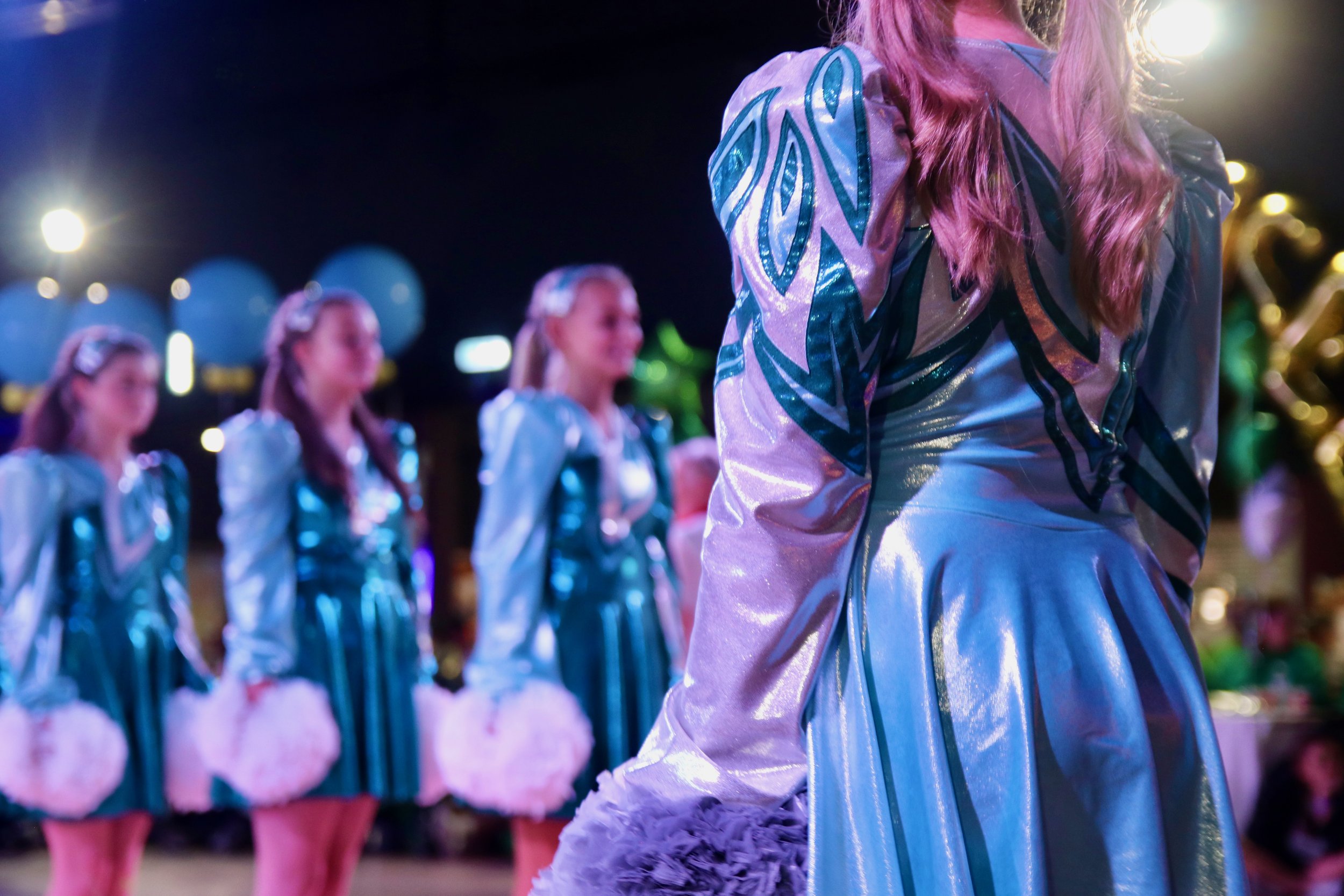
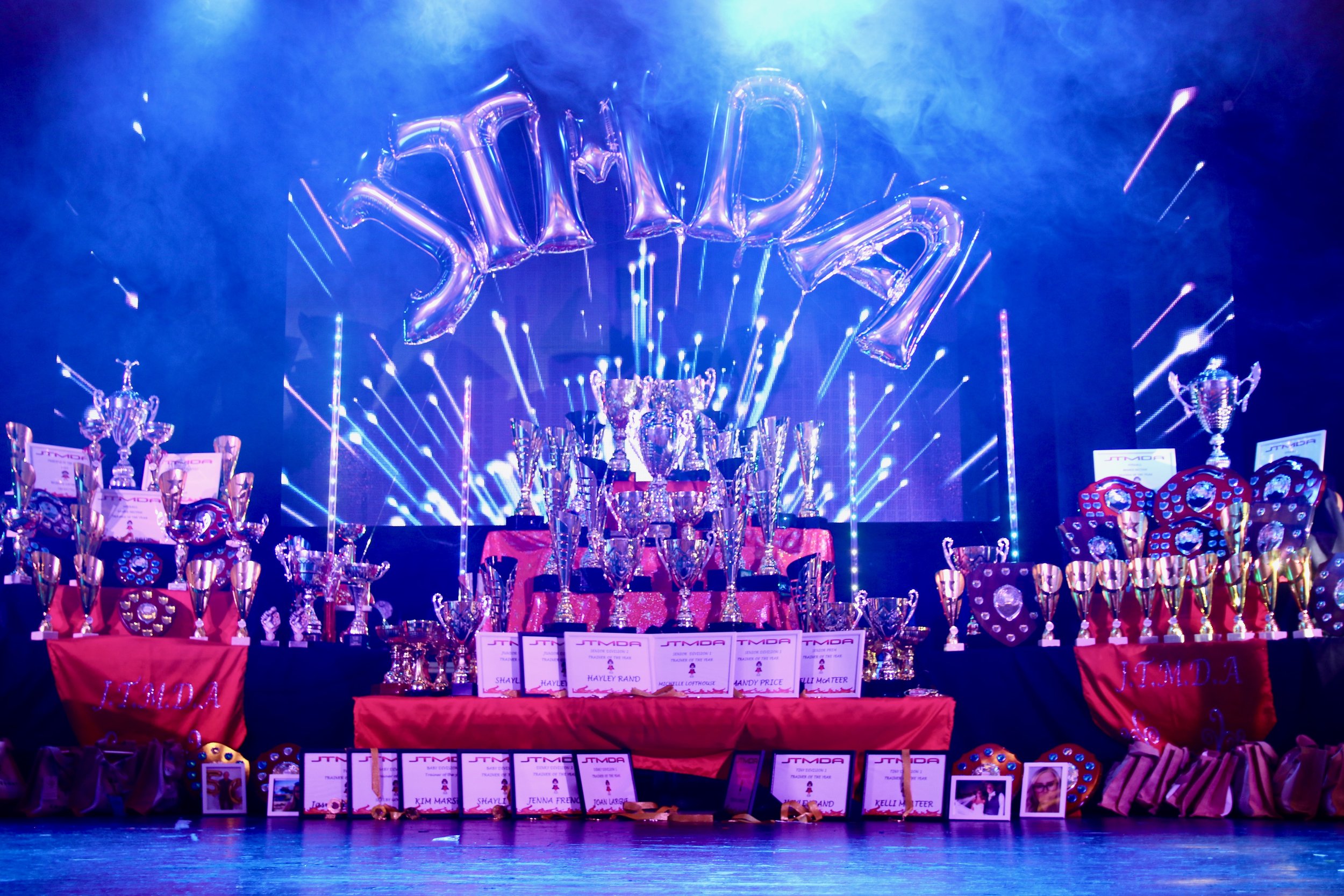
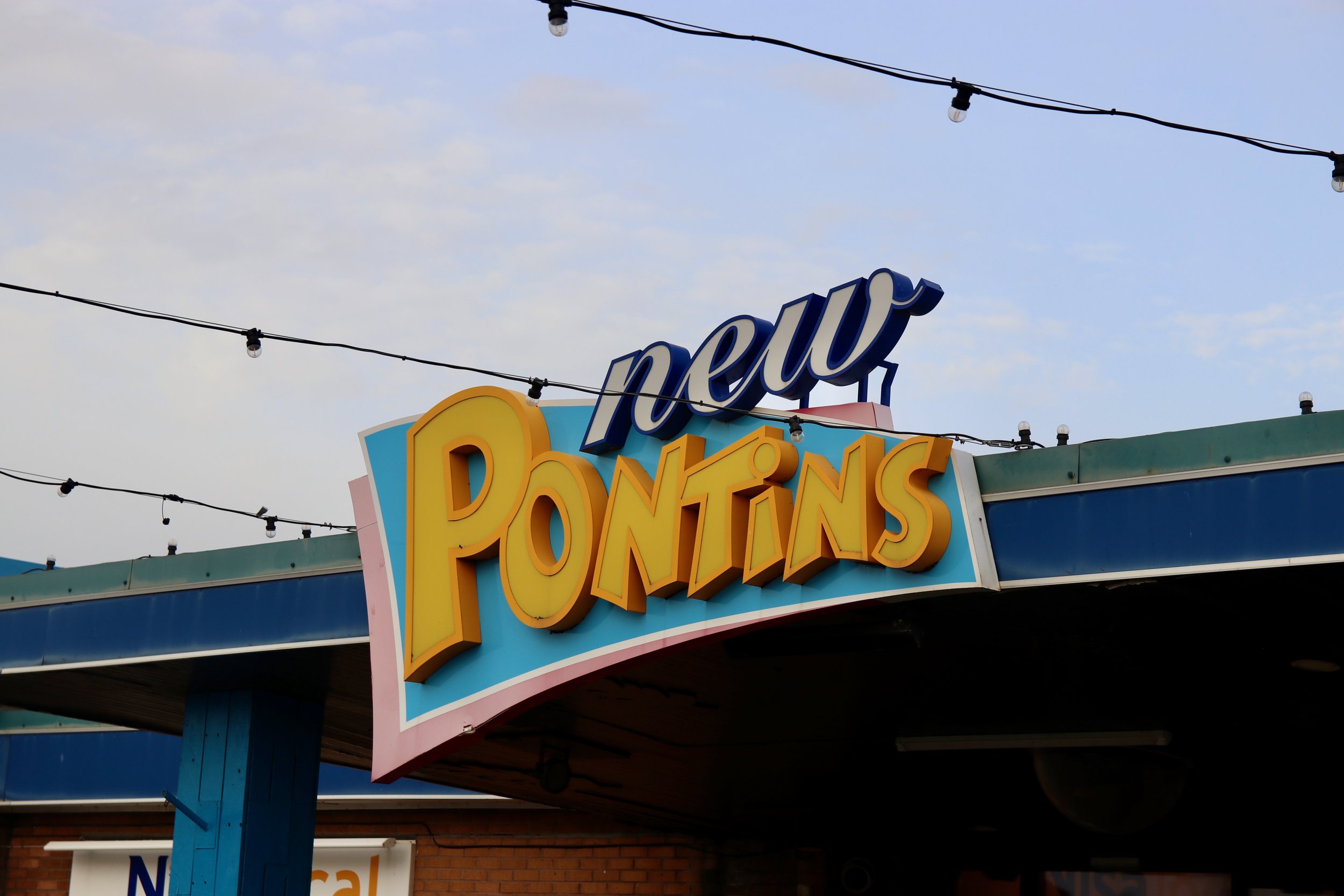
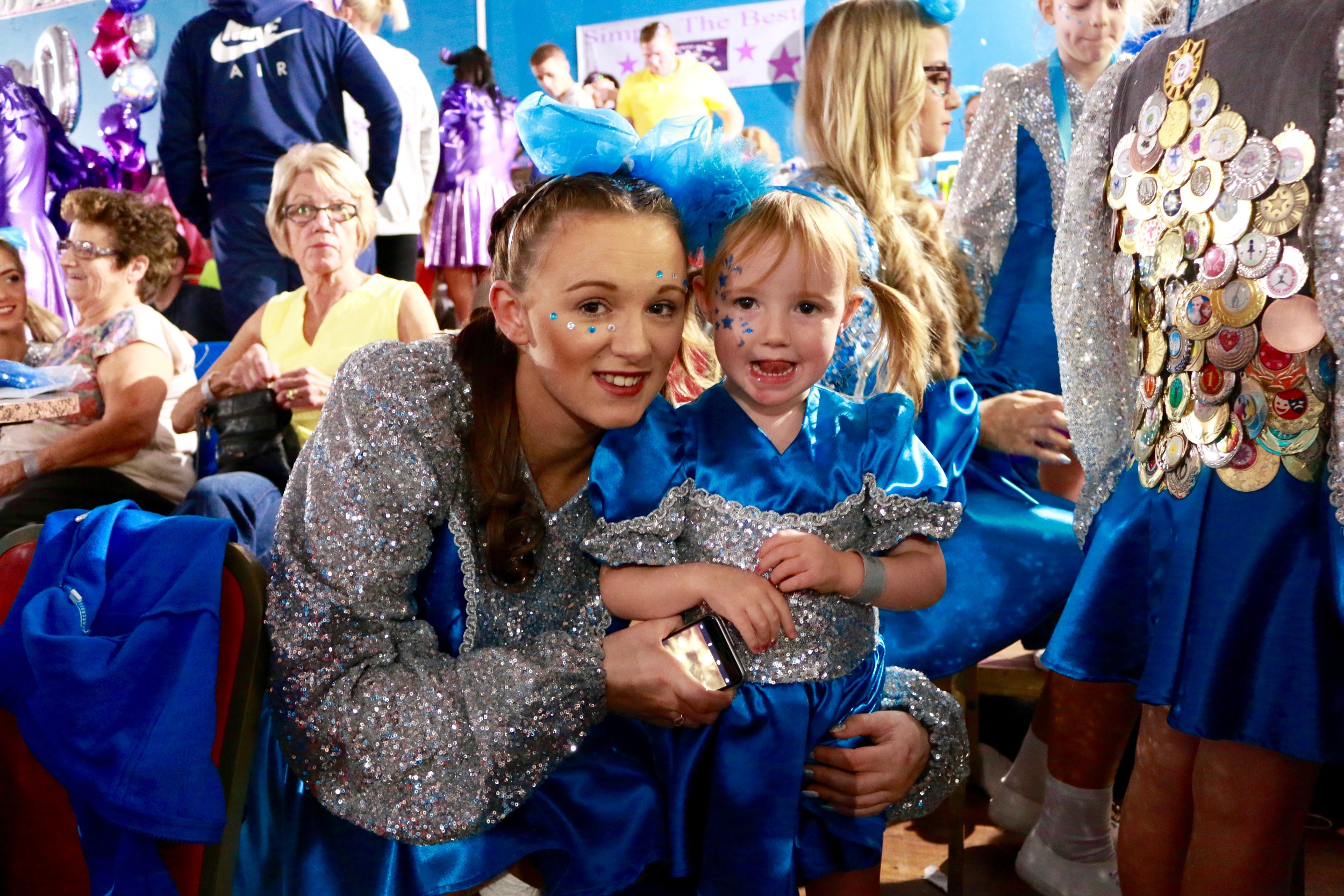
Photographs taken between 2013-2023



